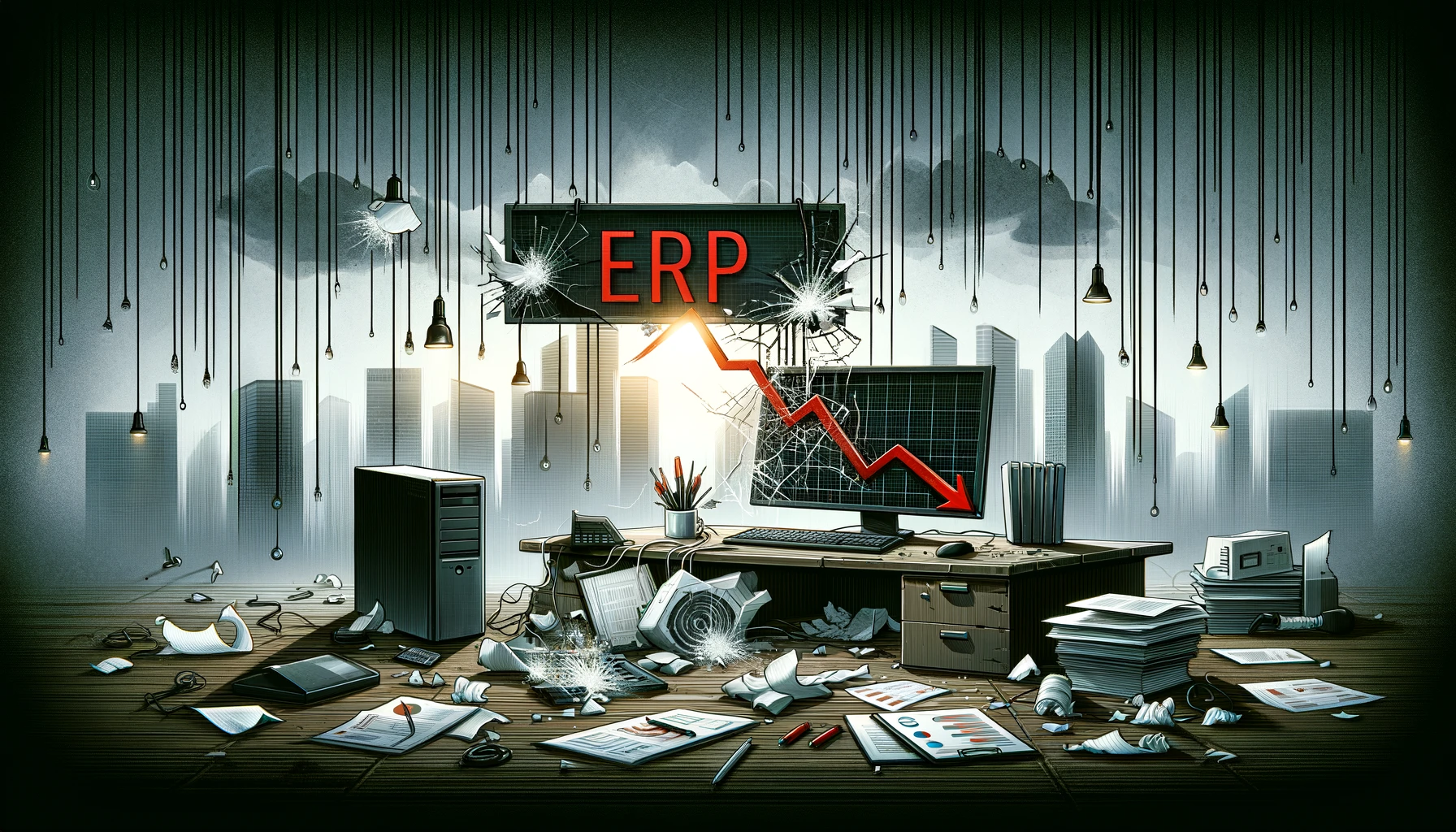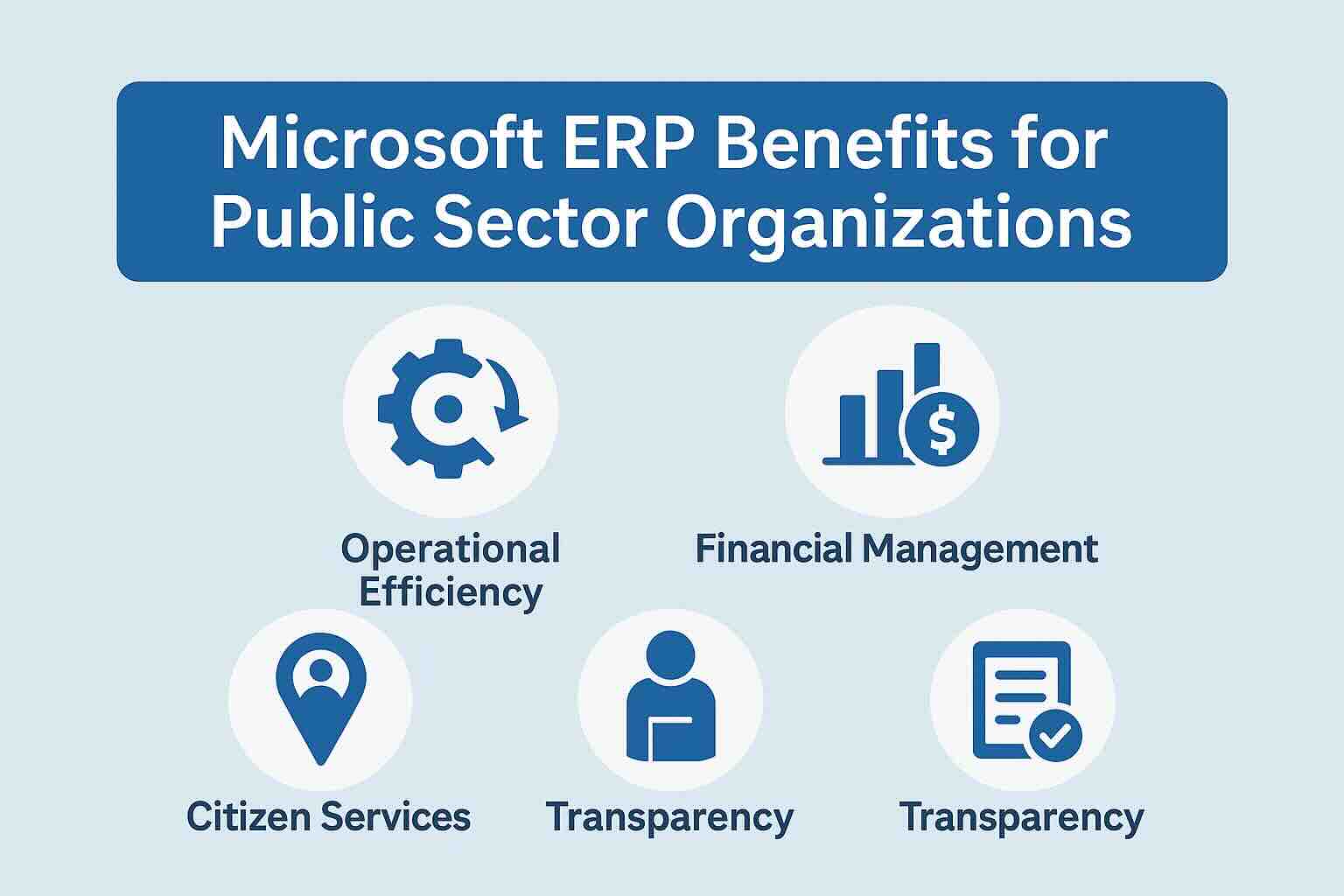Is Infor a Good Choice for Insurance Businesses?

The insurance industry is undergoing rapid digital transformation, and companies are constantly on the lookout for software solutions that can streamline operations, enhance customer service, and improve compliance. One software that has been gaining traction in the industry is Infor, a cloud-based enterprise resource planning (ERP) solution. But is Infor for insurance businesses the right choice? This article delves into what Infor offers and whether it meets the unique needs of the insurance industry.
What is Infor?
Infor is a global enterprise software provider known for its industry-specific cloud applications. With more than 68,000 customers across various sectors, Infor provides solutions tailored for industries such as healthcare, manufacturing, retail, and insurance. Infor’s cloud applications are designed to streamline operations, manage financials, and improve decision-making through advanced analytics.
Infor’s software is built on its CloudSuite platform, which leverages Amazon Web Services (AWS) to provide scalability, security, and high performance. In addition, Infor uses artificial intelligence (AI) and machine learning (ML) to optimize workflows, anticipate business needs, and deliver personalized experiences.
What Does Infor Offer to Insurance Companies?
Infor offers a variety of solutions tailored specifically for the insurance sector, providing functionalities that help businesses manage their core processes more efficiently. Here are some key offerings:
1. Policy and Claims Management
Infor offers a suite of tools that help insurance companies manage the end-to-end lifecycle of policies and claims. These tools help automate tasks such as policy creation, underwriting, billing, and claims processing. The platform integrates with other existing systems to ensure seamless data flow across different departments, leading to better customer service and reduced operational inefficiencies.
2. Customer Relationship Management (CRM)
Customer relationships are central to any insurance business. Infor’s CRM solutions are designed to give insurance companies a 360-degree view of their clients, allowing them to track interactions, understand customer preferences, and anticipate service needs. By leveraging AI and data analytics, the CRM can help insurers predict customer behaviors and offer personalized product recommendations.
3. Financial and Regulatory Compliance
Financial management and regulatory compliance are significant concerns in the insurance industry. Infor offers financial management tools that integrate with the company’s accounting and regulatory reporting systems to ensure compliance with industry standards. The platform provides robust financial reporting, budgeting, and auditing features that simplify regulatory processes.
4. Risk Management
Managing risk is an essential aspect of insurance. Infor’s solutions help businesses evaluate and mitigate risk by providing tools for risk analysis, reinsurance management, and actuarial modeling. These tools use AI and advanced analytics to deliver insights that help companies make data-driven decisions on underwriting, pricing, and risk mitigation.
5. Human Capital Management (HCM)
Infor’s HCM solutions help insurance companies manage their workforce more effectively. From recruitment and onboarding to performance management and payroll, Infor’s HCM tools are designed to streamline HR processes and improve employee engagement. This can be particularly useful for companies dealing with complex workforce structures, such as multiple departments or geographical locations.
Key Benefits of Using Infor for Insurance
Infor provides various benefits tailored specifically to the insurance sector. Here are some reasons why many insurance businesses consider adopting Infor:
1. Industry-Specific Customization
Infor offers industry-specific cloud applications designed to address the unique needs of insurance businesses. Its solutions are preconfigured to align with insurance industry standards, which reduces the time and effort required for implementation. For example, the claims management module is designed to integrate with existing insurance workflows, making it easier to automate claims processes and improve accuracy.
2. Cloud-Based Flexibility and Scalability
Built on AWS, Infor’s cloud solutions offer flexibility and scalability. This is especially beneficial for insurance companies that experience seasonal variations in demand. The cloud-based infrastructure allows insurers to scale their operations up or down quickly, without having to invest heavily in hardware or deal with long deployment times.
3. Advanced Analytics and AI Capabilities
Infor leverages AI and data analytics to provide actionable insights into various aspects of the insurance business. Whether it’s predicting customer churn, optimizing pricing strategies, or detecting fraudulent claims, Infor’s AI capabilities enhance decision-making. The platform’s predictive analytics can significantly improve underwriting accuracy and claims handling by identifying trends that may not be obvious through traditional methods.
4. Enhanced Customer Experience
Infor’s CRM capabilities enable insurance companies to offer a more personalized experience to their clients. By providing a complete view of the customer, insurers can better anticipate needs, offer relevant products, and respond quickly to service requests. This improves customer satisfaction and retention rates, which are critical in the competitive insurance market.
5. Regulatory Compliance
Compliance with regulatory requirements is a constant challenge in the insurance industry. Infor’s built-in compliance tools automate the collection and reporting of data required by regulatory bodies. This reduces the risk of non-compliance penalties and ensures that insurers can adapt quickly to new regulations.
Potential Drawbacks of Using Infor for Insurance
While Infor offers numerous benefits, there are also some potential drawbacks to consider:
1. Implementation Complexity
Despite being tailored for the insurance industry, implementing Infor’s solutions may still require significant customization to fit an insurer’s specific processes and legacy systems. This can lead to higher initial costs and longer deployment times, especially for larger companies with complex IT infrastructures.
2. Cost Considerations
While cloud-based solutions like Infor offer scalability and flexibility, they may come with ongoing subscription costs that can add up over time. For some insurers, particularly smaller companies, the cost may outweigh the benefits, especially if they do not fully leverage the platform’s capabilities.
3. Learning Curve
The advanced features and functionalities of Infor may present a steep learning curve for staff who are unfamiliar with the software. This may require substantial training and change management efforts to ensure a smooth transition.
Is Infor the Right Choice for Your Insurance Business?
Infor’s industry-specific solutions, cloud-based flexibility, and advanced analytics make it a strong contender for insurance companies looking to modernize their operations. It is particularly well-suited for mid-to-large-sized insurers seeking to optimize processes, improve customer experience, and maintain regulatory compliance.
However, smaller insurance businesses or those with highly customized needs may need to weigh the costs and potential complexities of implementing the system. It’s crucial to conduct a thorough analysis of your company’s requirements and compare Infor with other ERP solutions tailored for the insurance industry before making a final decision.
Conclusion
Infor provides a comprehensive suite of tools designed to meet the diverse needs of insurance companies. Its cloud-based approach, advanced analytics, and industry-specific customization make it a solid choice for businesses looking to enhance their operations and stay competitive. However, potential users should carefully assess the implementation costs, learning curve, and alignment with specific business needs to ensure a smooth and successful adoption.
Ultimately, the decision to use Infor for insurance will depend on the size of the organization, the complexity of its processes, and its long-term digital transformation goals. To find out more about Infor click this link.
To compare Infor with 100s of other ERP solutions, you can use our new AI-powered Compare ERP tool. It’s free to use and provides personalized recommendations based on your business needs, helping you find the best-fit ERP quickly and confidently.









